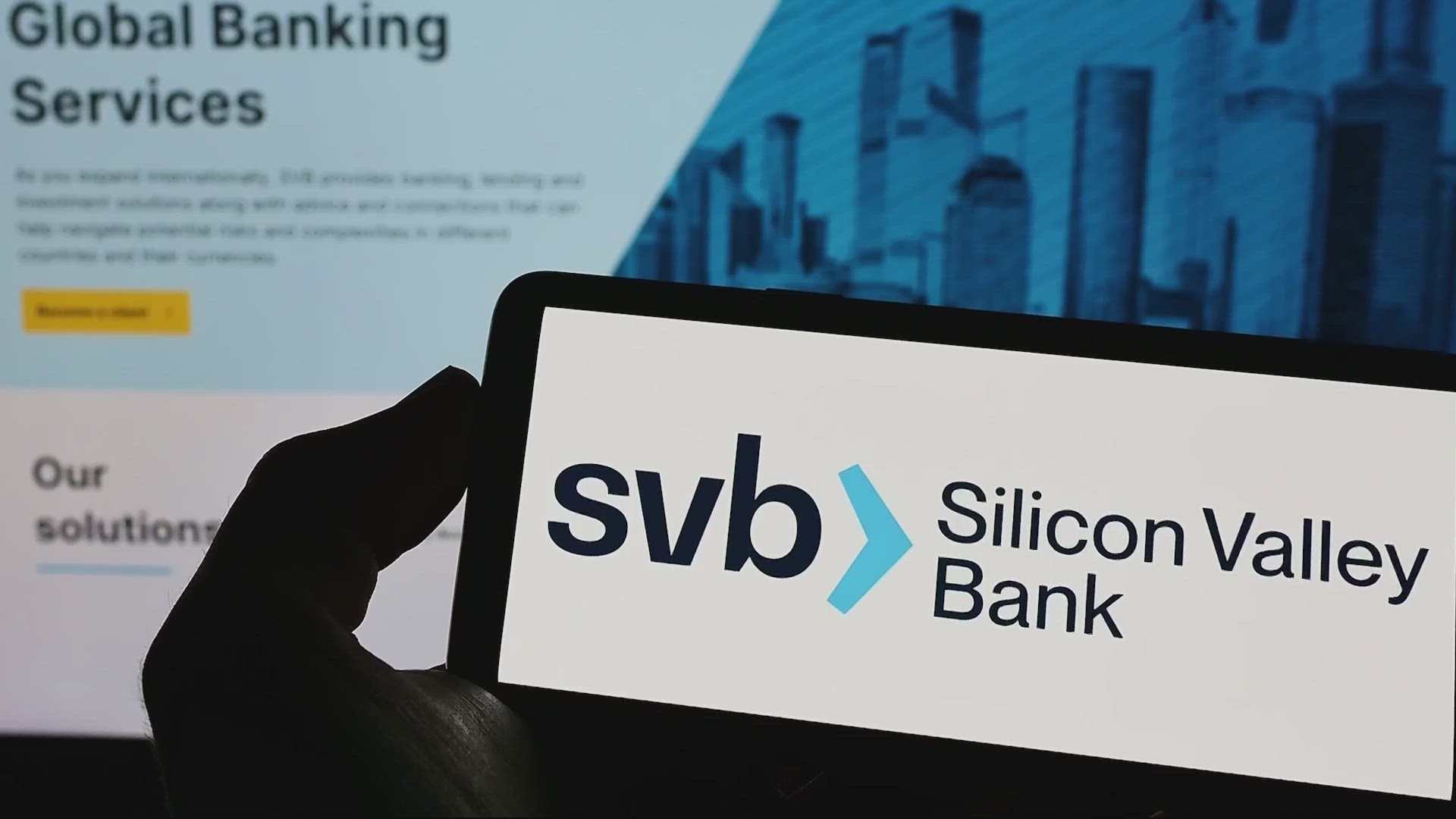PORTLAND, Ore. — Businesses around the country are in shock and disbelief after hearing Silicon Valley Bank collapsed on Friday. Making it the second-largest bank failure in U.S. history.
Kelly Oriard is the co-founder of Slumberkins, a Vancouver-based company that sells stuffed animals and corresponding books about mental health for kids.
"To face the reality of what that actually means is really scary,” said Oriard, “because we have put our hearts and souls into this business and built it for seven years, and the majority of our capital was in that bank."
When Oriard and her co-founder Callie Christensen heard the news, they were scared they’d have to close shop because of the bank closure.


"Our team had already made the request to transfer funds out of the bank,” said Christensen. “And so, we were in limbo over - will they show up? Will they not show up? Did we get them out in time? Did we not?"
They're still waiting to hear.
Silicon Valley Bank mostly served tech start-ups. But also small business start-ups like Slumberkins and A Kids Co., a Portland-based children's book company.
SVB also helped fund operations for about 10-20% of Washington wineries and some smaller producers in Oregon.
"Well the wine industry was pretty shocked and surprised," said Erik McLaughlin, CEO of Metis, which advises wineries in the Pacific Northwest.
The SVB closure comes at a slow time of year for wineries. They're preparing to hire up for the summer, buy grapes and pay bills. But now have limited access to their funds due to the bank closure.
"That's the available credit,” said McLaughlin “It's available to them to put toward things that create inventory. So things like buying grapes, paying vineyards, packaging supplies, bottling, barrels all of that kind of stuff."
"I think the two biggest things are access to money to a lot of companies in the region,” said Jeff Shulman, a marketing professor at the University of Washington Foster School of Business. “And second, is uncertainty. Uncertainty about what does the future hold. And uncertainty makes people risk-averse and buckle down and that has implications for everybody here."

